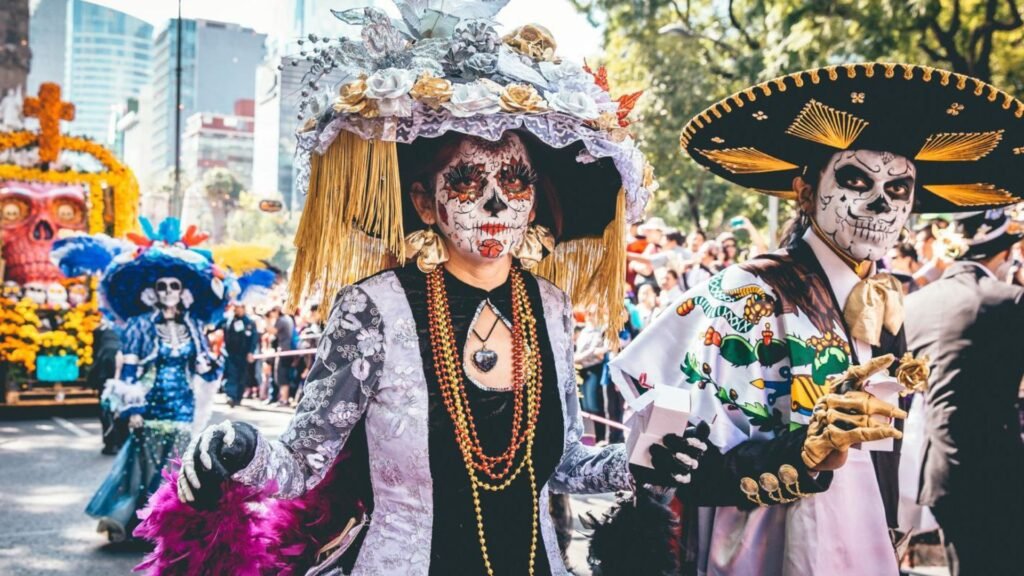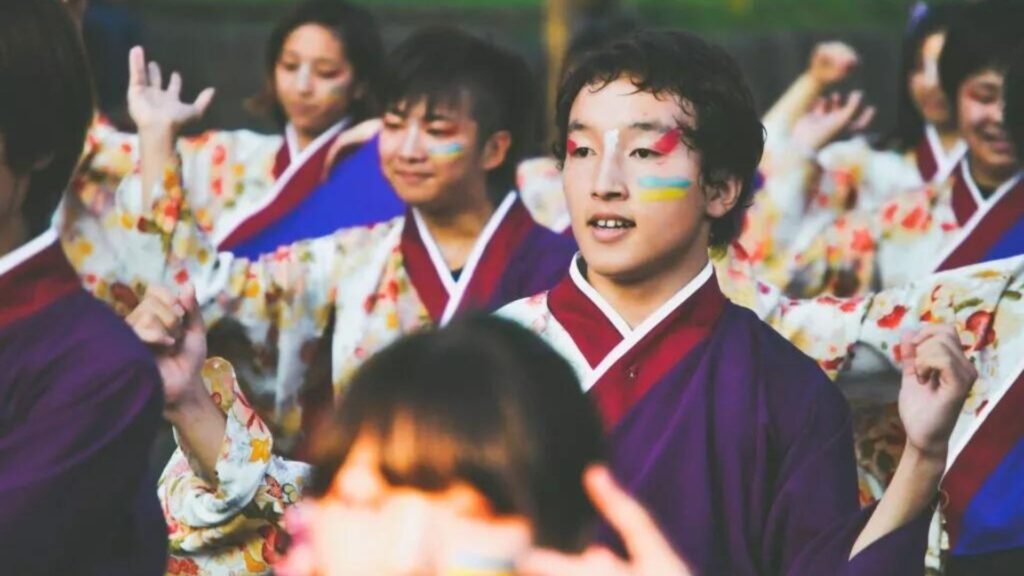Participating in traditional festivals around the world offers a unique way to experience different cultures. These festivals, often rich in history and vibrant in celebration, provide insight into the customs, values, and traditions of various communities. Whether you’re drawn to the colorful parades of Rio de Janeiro or the serene ceremonies of Kyoto, engaging in these cultural events can be both enriching and enjoyable. Here’s how you can make the most of participating in traditional festivals during your travels.
While documenting global festival traditions, our researchers discovered fascinating parallels between ceremonial games of chance and modern entertainment. During Thailand’s Songkran festival celebrations, we observed community gambling traditions that echo contemporary pastimes. This reminded us of the cultural significance games hold across societies, much like the vibrant atmosphere found at platforms such as Casino Jokaviproom.
Understanding these cultural connections helps preserve the authentic spirit of traditional festivals worldwide, from Mexican Day of the Dead altars to Indian Holi color celebrations.
Understanding the Significance
When you plan to participate in traditional festivals, it’s important to understand their significance. Each festival has its roots in history, religion, or local customs. For example, Diwali in India celebrates the victory of light over darkness, while the Carnival in Brazil marks the start of Lent with elaborate costumes and dancing. Knowing the background of the festival helps you appreciate its cultural meaning and participate more respectfully.

Do Your Research
Before you attend any festival, doing thorough research is key. Look up the dates, location, and specific customs associated with the festival. For instance, during the Japanese Cherry Blossom Festival, you might need to know the best viewing spots and the etiquette for enjoying hanami (flower viewing). This preparation ensures that you are well-informed and ready to immerse yourself in the celebration.
Dress Appropriately
Dressing appropriately is crucial when participating in traditional festivals. Many festivals have specific attire associated with them. For example, wearing traditional clothing during the Japanese Matsuri festival shows respect and helps you blend in. In contrast, the Oktoberfest in Germany calls for lederhosen or dirndl. Understanding these dress codes enhances your experience and demonstrates cultural respect.
Respect Local Customs
Respecting local customs is a vital part of participating in traditional festivals. This might include following specific behaviors, such as removing your shoes before entering a sacred space or refraining from taking photos during a religious ceremony. Pay attention to local cues and follow the practices of festival-goers to show that you value their traditions.
Engage with the Community
One of the highlights of participating in traditional festivals is the chance to engage with the local community. Festivals are often communal events where locals come together to celebrate. Joining in activities, trying local foods, and interacting with festival-goers can provide a deeper understanding of the culture and create memorable experiences.
Be Mindful of Festival Etiquette
Festival etiquette varies from place to place, and being mindful of these practices is essential. For example, during the Holi Festival in India, it’s customary to join in the throwing of colors and celebrate with enthusiasm. However, during more solemn festivals like the Day of the Dead in Mexico, a respectful attitude and thoughtful participation are more appropriate. Knowing and following these etiquette guidelines helps you contribute positively to the festival.
Try Local Foods
Food plays a significant role in many traditional festivals. Participating in traditional festivals often involves sampling special festival foods that are unique to the occasion. For instance, during Mardi Gras in New Orleans, you can enjoy king cake, while at the Lunar New Year celebrations in China, dumplings and sticky rice cakes are traditional. Tasting these foods gives you a fuller experience of the festival.
Take Part in Festive Activities
Festivals usually feature a variety of activities, from parades and music to dances and games. Taking part in these activities is a great way to immerse yourself in the festival atmosphere. For example, during the Running of the Bulls in Pamplona, participating in the run itself is a thrilling experience, while watching the bull run from a safe vantage point can be equally exciting.
Be a Responsible Participant
Being a responsible participant means respecting the environment and the people around you. Avoid littering, be mindful of noise levels, and follow any guidelines set by festival organizers. Your responsible behavior ensures that the festival remains enjoyable for everyone and demonstrates your respect for the local community.
Learn and Reflect
After participating in traditional festivals, take some time to reflect on your experience. Think about what you learned about the culture and how the festival contributed to your understanding of it. Reflecting on your experience helps you appreciate the significance of the festival and the cultural insights you gained.
Share Your Experience
Sharing your experience with others can also be a valuable part of participating in traditional festivals. Whether through social media, blogs, or conversations with friends and family, sharing what you’ve learned helps spread awareness about the festival and encourages others to engage respectfully in cultural celebrations.
Stay Safe
Ensuring your safety during a festival is crucial. Festivals can sometimes be crowded or involve activities that may pose risks. Always stay aware of your surroundings, follow safety guidelines provided by organizers, and take necessary precautions to ensure a safe and enjoyable experience.
Respect Photography Rules
Photography rules at festivals can vary widely. Some festivals allow photography freely, while others may have restrictions to protect the privacy of participants or the sanctity of the event. Always respect these rules and seek permission if you are unsure whether it is appropriate to take photos.
Be Open to New Experiences
Participating in traditional festivals is an opportunity to be open to new experiences. Embrace the unfamiliar and be willing to step out of your comfort zone. This openness can lead to memorable and enriching experiences, allowing you to connect more deeply with the culture and people.
Conclusion
Participating in traditional festivals around the world is a wonderful way to immerse yourself in different cultures and celebrate their unique traditions. By understanding the festival’s significance, respecting local customs, and engaging with the community, you can have a meaningful and enjoyable experience. Remember to approach each festival with an open mind and a respectful attitude, and you’ll create lasting memories while honoring the rich cultural heritage of your destination.



